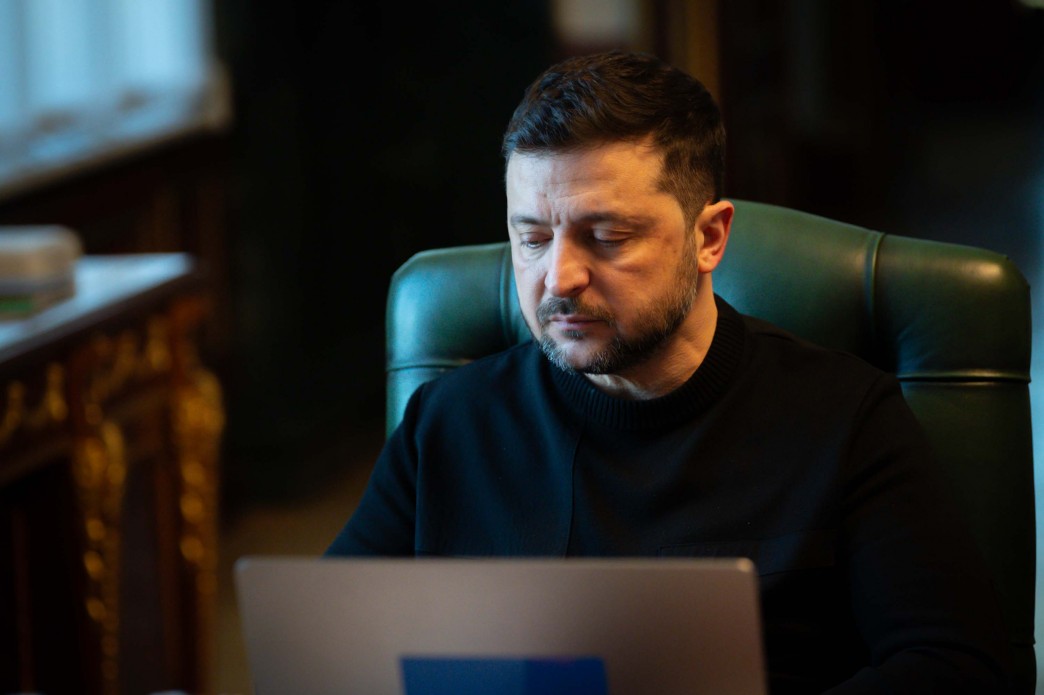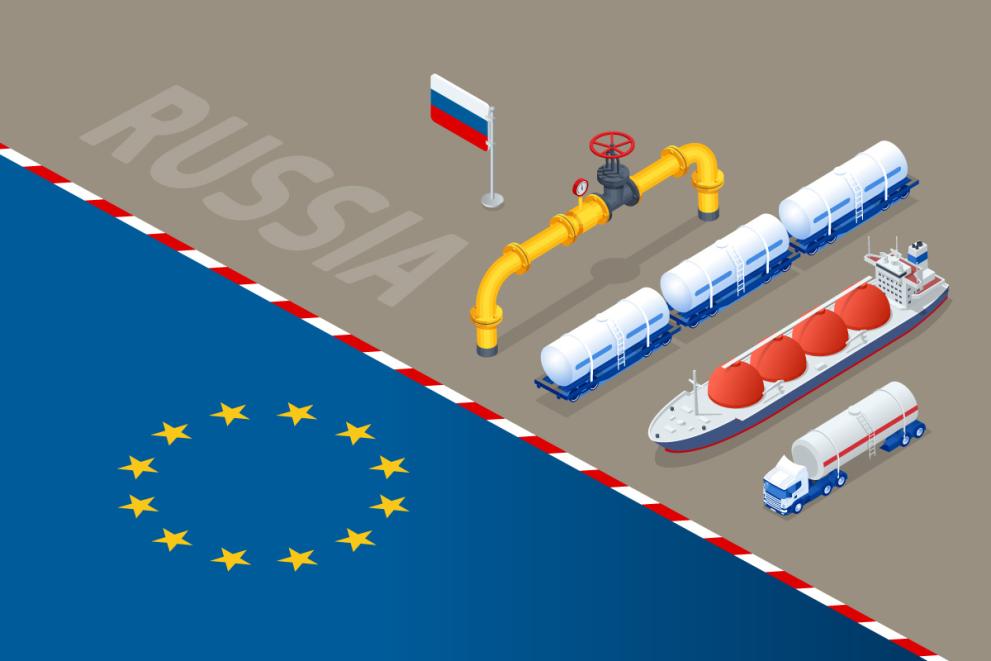Russia has faced the urgent need for “import substitution” in aircraft manufacturing following the withdrawal of Western partners and has begun supplying key components for the regional Sukhoi Superjet New (SJ-100), Tu-214, and MC-21 aircraft from occupied Crimea. In particular, these parts are being produced at the Fiolent plant in Sevastopol.
This was reported by analysts from the Trap Aggressor project of the StateWatch think tank, citing comments made by the plant’s director, as stated in their report.
The Fiolent plant supplies critical components for Russian aviation projects, including transformers for onboard equipment, generators, motors, and precision electric machines.
According to information cited by the Ukrainian outlet BlackSeaNews, Fiolent’s products replace components previously supplied by the Japanese company Tamagawa, including elements used in the control and power systems of the SJ-100 and MC-21 aircraft.
The SJ-100 project, which Moscow promotes as a symbol of its “technological sovereignty,” has faced serious challenges since the termination of cooperation with PowerJet — a French-Russian joint venture that supplied SaM146 engines.
Analysts from Trap Aggressor note that Russia’s “import substitution” remains largely declarative. The new components used in aircraft have not undergone international certification, posing significant flight safety risks. Although Russian media regularly report “successful tests,” numerous reports have emerged of navigation failures, electronic malfunctions, and engine overheating.
The Fiolent plant has been under U.S. sanctions since 2014. However, analysts point out that several key international partners — including the EU, the United Kingdom, Switzerland, Japan, Australia, and New Zealand — have yet to impose any restrictions on the enterprise.
They also note that the plant’s director, Oleksandr Batalin, who is involved in supplying strategic aviation parts for Russian aircraft, has not yet been added to international sanctions lists.





















